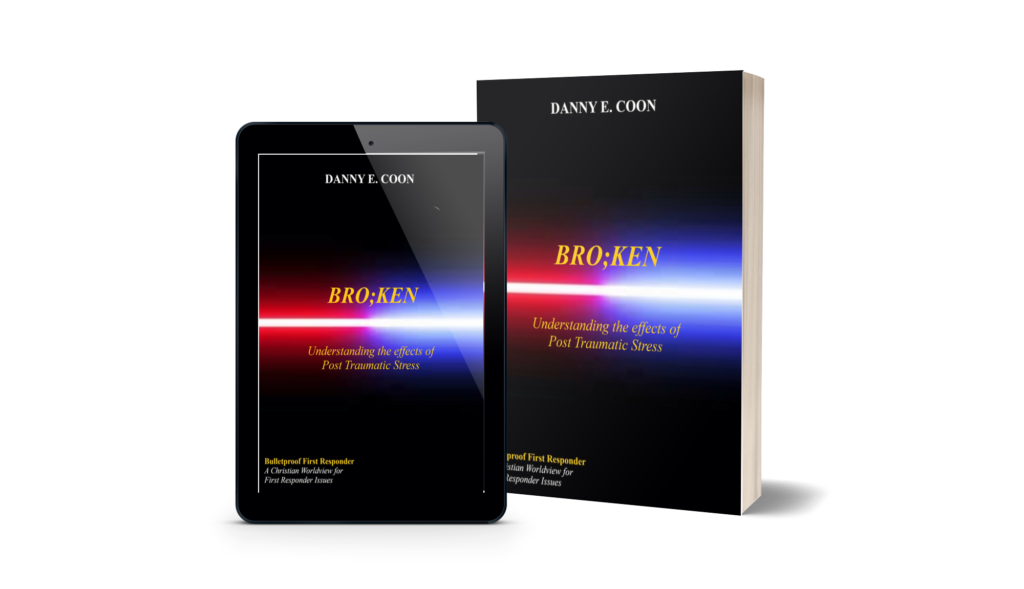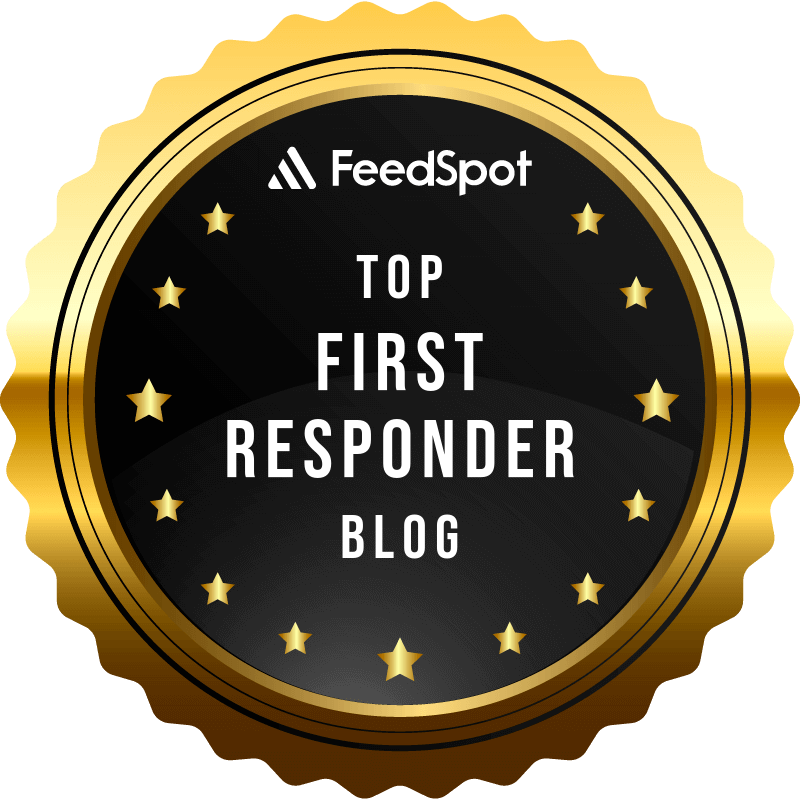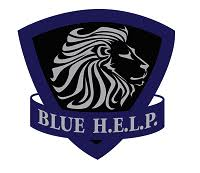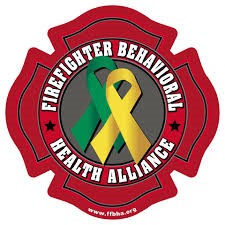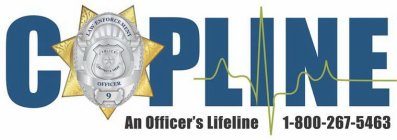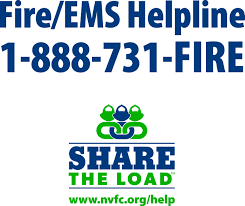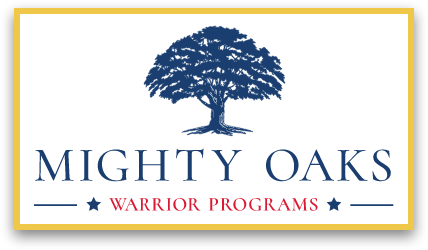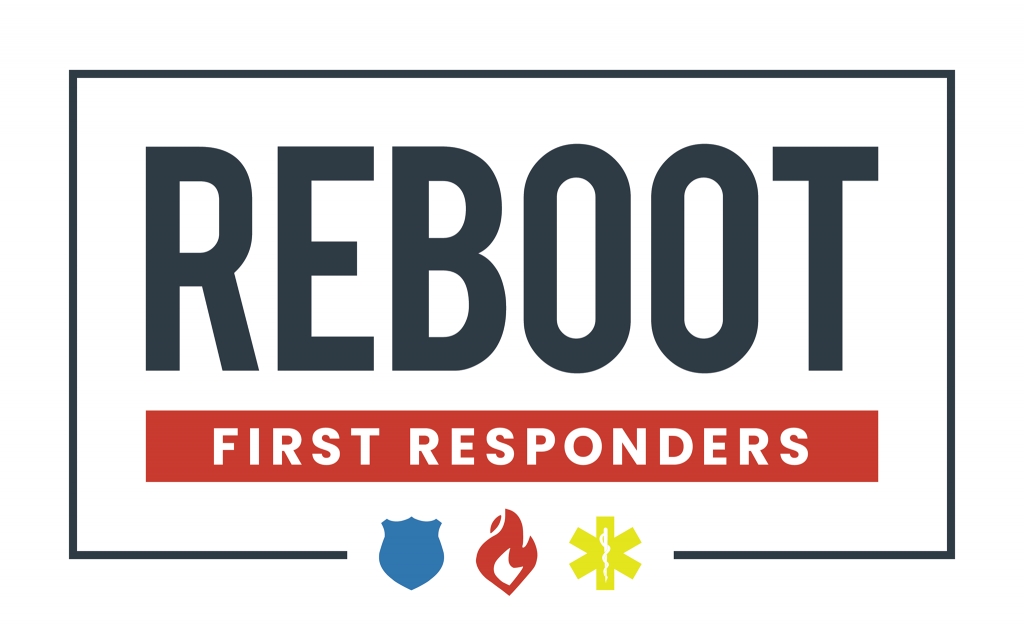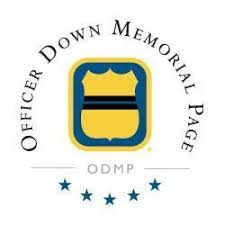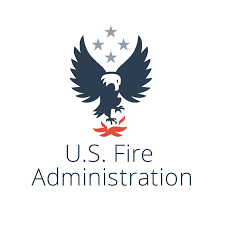Alcohol and Substance Abuse Among First Responders
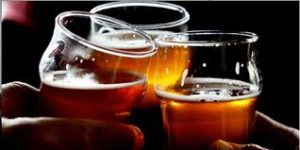 We know that our Firefighters, Peace Officers, and Medics experience incredibly high levels of stress and trauma during their careers. Because of this, they are at a higher chance of developing various physical and mental health injuries. These stressful experiences can also lead to alcohol and substance abuse.
We know that our Firefighters, Peace Officers, and Medics experience incredibly high levels of stress and trauma during their careers. Because of this, they are at a higher chance of developing various physical and mental health injuries. These stressful experiences can also lead to alcohol and substance abuse.
Wine is a mocker, strong drink is a brawler,
and whoever is led astray by it is not wise Proverbs 20:1 ESV
Alcohol use is deeply ingrained in the Law Enforcement culture. Many of the police novels written by famed author Joseph Wambaugh involve alcohol use. Nearly all movies and TV shows about Law Enforcement, Adam 12 being the exception, show scenes of cops celebrating in bars after completion of a case. In fact, in the television show “Homicide: Life on the Street,” the detectives owned the bar where they gathered. There are also scenes of the lonely officer sitting at the bar grieving with his drink.

photo courtesy sbtreatment.com
The cultural mindset in the First Responder community is to use alcohol as a way to “deal with” or “relax” from the stress. Drinking alcohol as a form of social interaction while suppressing stressful incidents, increases the risk of developing an alcohol use disorder.
A study of rookie police officers from the University of Arizona Police Department found that as rookies, they had minimal experience and 0% job stress. After two years, 27% of those participants developed an alcohol use disorder. After four years, those numbers increased to 36%. Furthermore, 25% of the officers started drinking to be “part of the team.” And, another 25% of police officers were negatively affected by their partner’s alcohol use.[1]

photo courtesy sbtreatment.com
The US Firefighters Association (USFA) estimates that 10% of Firefighters may be abusing drugs.[2] It is also estimated that 29% of Firefighters abuse alcohol. The National Fire Protection Association estimate that 65% of all firefighters are volunteers and 35% are career firefighters.
A study by the USFA showed that substance abuse is an ongoing problem for both career and volunteer firefighters. An article titled “Perceptions of Alcohol Use Among U.S. Firefighters” noted:
“Limited epidemiologic evidence is available regarding the rates and patterns of alcohol use among U.S. firefighters, although what has been published presents a compelling picture of high rates of consumption and binge drinking. For instance, in a population-based sample of firefighters from the central U.S., it was found that 85 percent of career and 70 percent of volunteers reported consuming alcohol in the previous 30 days, and 56 percent of career and 45 percent of volunteer firefighters reported binge drinking in the past 30 days. In a sample of 112 firefighters from the northeast, 58 percent reported binge drinking behavior. In comparison, the national rate of current drinking and binge drinking in the past 30 days for men is 67.6 percent and approximately 20 percent, respectively. These statistics demonstrate that binge drinking is substantially higher among firefighters than the general population.”[3]

photo courtesy sbtreatment.com
Paramedics and Emergency Medical Technicians are also at a higher risk of alcohol and drug abuse. It is estimated that 20% of Medics suffer from some form of PTSi, and around 40% abuse alcohol or drugs. The Substance Abuse and Mental Health Services Administration (SAMHSA) report that 36% of our medics suffer from depression, 72% from sleep deprivation, and about 20% from PTSi. All of these place our paramedics and EMT’s at a higher risk of alcohol and substance abuse. Within the First Responder professions, substance abuse is higher among EMS professionals. Limited research has not identified as to why this is. However, it is believed that the stress and trauma that Medics experience leads them to alcohol or drug abuse to cope with the psychological strain they incur.
22Woe to those who are heroes at drinking wine
and champions at mixing drinks
Isaiah 5:22 NIV
Depression, Alcohol & Substance Abuse and Suicide

photo coutesy verywell.com
Based on decades of research and clinical studies, alcohol and drug abuse are identified in the Diagnostic and Statistical Manual of Mental Disorders, 5th edition (DSM-5) as Substance Use Disorder (SUD). According to Canada’s Centre for Suicide Prevention, the abuse of alcohol or drugs is second to depression as the most frequent risk factor for suicidal behavior.[4] Furthermore, those who experience depression often turn to drugs or alcohol as a coping measure, sometimes evolving into SUD.[5]
A substance can be defined as prescription medication, over-the-counter preparations, alcohol, illegal drugs (cannabis, cocaine, opiates, ecstasy, amphetamines, and hallucinogens), steroids, or inhalants.[6]
With over 17 million U.S. adults experiencing a major depressive event a year, left untreated, these episodes can last from a few months to several years.[7] Due to the culture and stigma in the First Responder arena, many due not seek professional help and turn to self-medication, drugs, or alcohol.
Being nearly impossible to identify a single reason why people commit suicide, it is known that alcohol has been involved in 30% of suicides. The chronic self-medicating with alcohol or drugs, to forget their problems, leads to building tolerances, dependence, and addiction. What once was used as a relief for depression becomes a hinderance ruining relationships, causing job performance issues and destroying the body.
“The abuse of alcohol or drugs is second to depression as the most frequent risk factor for suicidal behaviour.”
Suicide, addiction, and depression have a very close and interconnected relationship. More than 90% of people who fall victim to suicide suffer from depression, have a substance abuse disorder, or both. Depression and substance abuse combine to form a vicious cycle that all too often leads to suicide. Many who experience such severe depression (as a result of Major Depression, Bipolar Disorder, Obsessive-Compulsive Disorder, and other conditions) frequently turn to drugs, alcohol, gambling, and other risky behaviors to numb their pain and/or alleviate their negative feelings.[8]
In the beginning, alcohol or drugs may bring temporary relief from thoughts of suicide; however, in the long run, suicidal ideation becomes more frequent and powerful. Untreated, it leads to suicide.
What Does The Bible Say About Alcohol?
While the Bible does not expressly forbid the use of alcohol, scripture does forbid us against alcohol abuse and drunkenness. Numerous verses are telling us about the consequences of drinking. The Apostel Paul stated;
“Let us behave decently, as in the daytime, not in carousing and drunkenness, not in sexual immorality and debauchery, not in dissension and jealousy.” (Romans 13:13 NIV)
And;
“Do not get drunk on wine, which leads to reckless indiscretion. Instead, be filled with the Spirit.” Ephesians 5:18 NIV
The book of Proverbs contains several warnings about how dangerous alcohol is;
4 “It is not for kings, Lemuel—it is not for kings to drink wine, not for rulers to crave beer, 5 lest they drink and forget what has been decreed, and deprive all the oppressed of their rights.” (Proverbs 31:4-5 NIV)
And King Soloman wrote;
31Do not gaze at wine when it is red, when it sparkles in the cup, when it goes down smoothly! (Proverbs 23:31 NIV)
If you are a First Responder and have alcohol or drug issues, get help now, do not let the abuse of alcohol or drugs steal your family, your job, your life, your SOUL. There are several faith-based groups for First Responders only that are entirely anonymous and heals on the words of God.
“One of the most conspicuous modes of escape is alcoholism, which by now is a national catastrophe”
Billy Graham
- Beutler, L.E., Nussbaum, P.D., & Meredith, K.E. (1988). Changing personality patterns of police officers. Professional Psychology Research and Practice, 19(5), 503-507. ↑
- Ernest J. Bordini Ph.D. “Firefighter and First Responder Alcohol and Drug Issues Part 1,” accessed 11/21/19http://cpancf.com/articles_files/Firstresponderfirefighteralcoholdrugs1.html ↑
- Jahnke, S., Poston, W., & Haddock, C. (2014). Perceptions of alcohol use among U.S. firefighters. Journal of Substance Abuse & Alcoholism 2(2): 1012. Retrieved from http://www.jscimedcentral.com/SubstanceAbuse/substanceabuse-2-1012.pdf ↑
- “Substance Use Disorder and Suicide,” Centre for Suicide Prevention, accessed 01/23/2020, https://www.suicideinfo.ca/resource/substance-use-disorder-suicide-prevention/ ↑
- ibid ↑
- ibid ↑
- “Depression,” National Alliance on Mental Illness (NAMI), accessed 01/23/2020, https://www.nami.org/learn-more/mental-health-conditions/depression ↑
- “Addiction and Suicide,” Addiction Center, accessed on 01/23/2020, https://www.addictioncenter.com/addiction/addiction-and-suicide/ ↑

